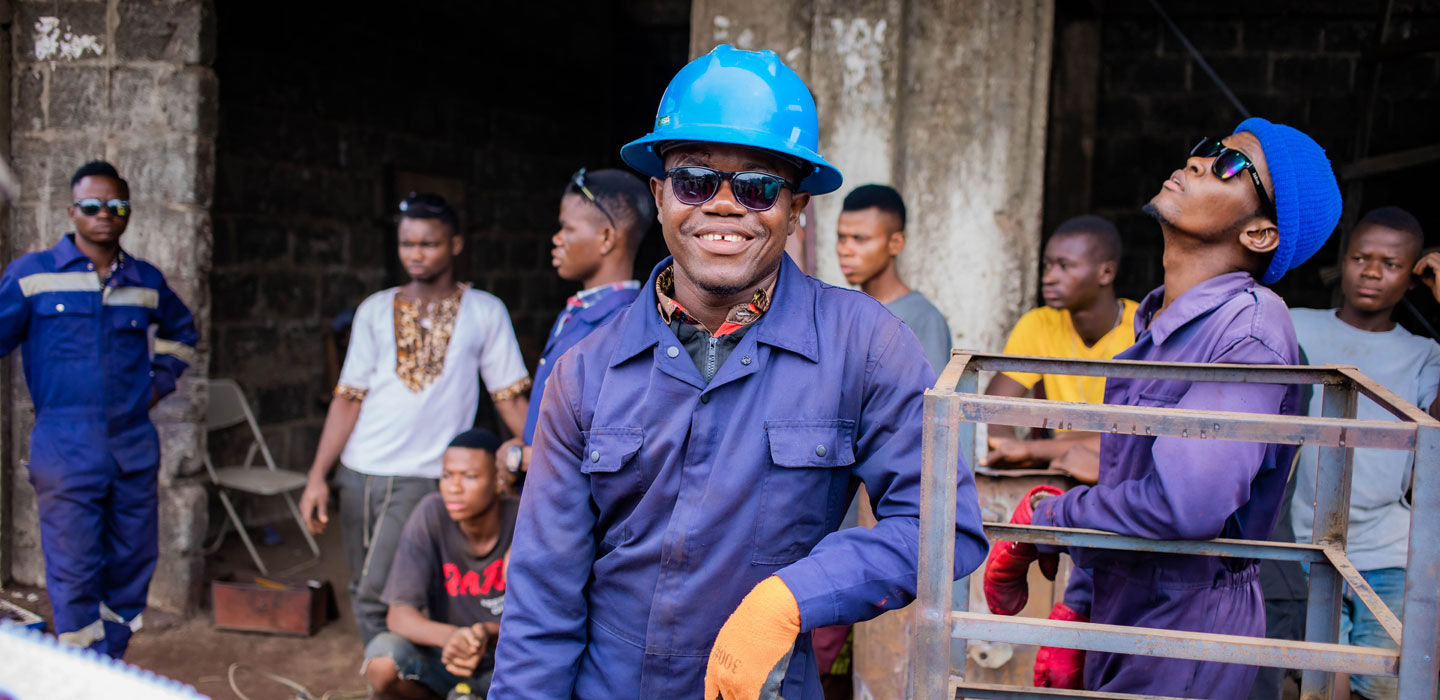What are Public Development Banks? Your questions answered
IFAD Asset Request Portlet
Asset Publisher
What are Public Development Banks? Your questions answered
Estimated reading time: 3 minutes
In the development sphere, there is a crucial but often underappreciated force that is driving global change for the better: Public Development Banks (PDBs).
The world’s 522 PDBs account for a tenth of global financing. These include multilateral development banks, like IFAD, bilateral development banks and national development banks which are owned by governments. Their purpose? To finance public policy.
During the COVID-19 pandemic, people began to recognise the importance of PDBs as governments relied on them to provide support and recovery. Now, as the world confronts compounding crises, we deep dive into PDBs and why they matter for rural people.
What’s a public development bank?
PDBs are legally independent and financially autonomous. They may have a general development mandate, like the China Development Bank, or a specific focus, like Fannie Mae which focuses on housing in the United States.
Many development finance institutions work in a similar way but are not owned by a single country. Rather, they work across borders with governing councils made up of many different countries.
What do PDBs do?
Guided by public policy, PDBs do everything from making sure there is liquidity in housing markets to financing infrastructure.
For example, Mexico’s development bank, Banobras, issued sustainable bonds with a gender perspective while the Industrial and Infrastructure Development Finance Company in Bangladesh is helping to modernize brickmaking and reduce carbon emissions.

How do PDBs support rural people?
PDBs help preserve the common good and build resilience. They are crucial to achieving the SDGs, transforming food systems and promoting climate action—all critical issues for rural people.
Over decades of investments in rural people, IFAD launched Grameen Bank in Bangladesh, often considered the pioneer of microfinance for the poor; helped avert a devastating plague of cassava mealybug in Africa; and introduced locally sourced drip irrigation systems in Guatemala, India and Madagascar. Many of these successes would not have been possible for a commercial bank without a public mandate.
Supplying two-thirds of food system financing, PDBs’ role in transforming food systems cannot be overstated. That said, too little of this financing currently goes towards climate change adaptation.
How can PDBs meet the challenges of a changing world?
To unlock their full potential, national PDBs need a stronger mandate to influence food systems and help their countries achieve their climate goals. Multilateral development banks must support national PDBs with resources and tools.
Given the enormity of the climate challenge, business as usual isn’t good enough. PDBs need innovation backed by climate finance so that proven solutions can be rolled out at scale.
At the same time, transforming food systems needs an all-hand-on-deck approach. That’s why food systems finance must incorporate all kinds of actors: public, private and philanthropic.
What’s next for PDBs?
PDBs have enormous potential to bring about real change for the most vulnerable people in the world. Recognizing this, PDBs are committing to act on climate change and sustainable development through the Finance in Common network.
Given their mandate and assets, national PDBs can play an even stronger role in making food systems more sustainable, resilient and equitable.
Drawing on its lengthy experience in rural development, IFAD is helping PDBs do their part. Along with Agence Française de Développement (AFD), we are leading the Agricultural Platform for Green and Inclusive Food Systems which helps over 130 members across 98 countries share good practices to improve and increase sustainable and green finance.
Publication date: 06 September 2023